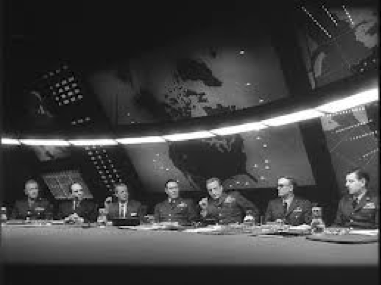My big project right now is something called a “decision engine”. Put simply, a decision engine is:
"a conversation-based process for group decision making"At its simplest it is a comments system that facilitates better online discourse, by adding a layer of structure and process designed to unlock the potential of the group to arrive at positive, useful results -- a mechanism for aggregating the collective intelligence of a group. The process helps ensures that the contributions of each individual are fairly considered by other members of the group, so that relevant information and useful arguments are surfaced and discussed. It requires the final decision to be supported on a solid foundation of reasons, and for those supporting that decision to defend those reasons from counter arguments from other participants in the group -- or see the decision reversed.
The process uses game mechanics to create the right motivations, awarding players for introducing and defending reasons for supporting a decision, but also for acknowledging valid counter-arguments, and abandoning an argument if they see they will not be able to defend it.
The decision engine can be used by crowdsourcing projects to harness the wisdom of crowds to create economic value. It can be used in online Q&A communities to more effectively extract knowledge from a group. It can be used to improve the quality of political discourse, surfacing the strongest arguments on all sides of an issue. It could be used as an alternative process for legal arbitration.
The decision engine is based on a few key assumptions about human behavior: that given the right motivations, most human beings will be willing to give honest, thoughtful opinions and judgements, and most importantly, be willing sometimes to change those opinions in the light of new information. You may not think this sounds like a description of the human beings you are familiar with, especially the sorts of people involved in discussions on the internet. But it may simply be a question of process.
The Process
The process I envision asks people not just for their opinions, but for their reasons -- and it requires them to defend these reasons for their opinions to have any weight in the decision. Participants can introduce counter-arguments questioning the validity of a reason, and the other side must respond or abandon their position. As the conversation progresses, and new participants enter, weak positions will be abandoned, and the most convincing arguments on both sides will rise to the top.The final decision will not be based on a simple vote: a participant may support a certain decision, but if they cannot provide a reason, or defend that reason, their support will have no weight in the final result. Instead, the final decision will be based on argument threads, and how many people still support a decision after after reading and responding to the entire argument thread.
A key to making this process work, is that participants may gain points for successfully attacking a weak argument thread even if that argument ultimately supports their own position on a decision. If your friend makes a clearly bad argument, you will have nothing to gain nothing by supporting it – instead you can earn easy points by siding against a weak argument that will ultimately fail, and still gain the big points by defending the overall decision with a stronger argument.
People won’t always come to unanimous agreement in the end. But the strongest argument threads on both sides will be surfaced. And only then will the system determine the final decision based on the opinions of participants after taking their positions on the final argument threads.
Gamification of Group Dynamics
Researchers have learned a lot about group dynamics: the simple things that can turn a group of average individuals into a super-intelligent phenomenon or an irrational mob. We've also learned about game design, and the simple things that can convert a task from a chore into an addiction.The decision engine will award points to participants for sharing not simply what they believe, or for making comments that other people find clever, but for estimating what arguments and counter-arguments they believe other participants will find convincing. This will I believe change the dynamic of conversations, making the process into a compelling social game and directing participants’ mental energy towards truly questioning their opinions and their basis for them. Participants will learn to anticipate future arguments and counter arguments and make bets on which arguments will ultimately be found to hold water after being hashed out. Participants’ anticipation of other participants’ reasoning will result in the sort of positive group dynamic we know is possible: a feedback loop of self-reinforcing rational behavior.
In future posts, I’ll write more about what this actually looks like, as well as more about the economic potential and philosophy of the decision engine. And in the meantime, I will be working on a prototype.
